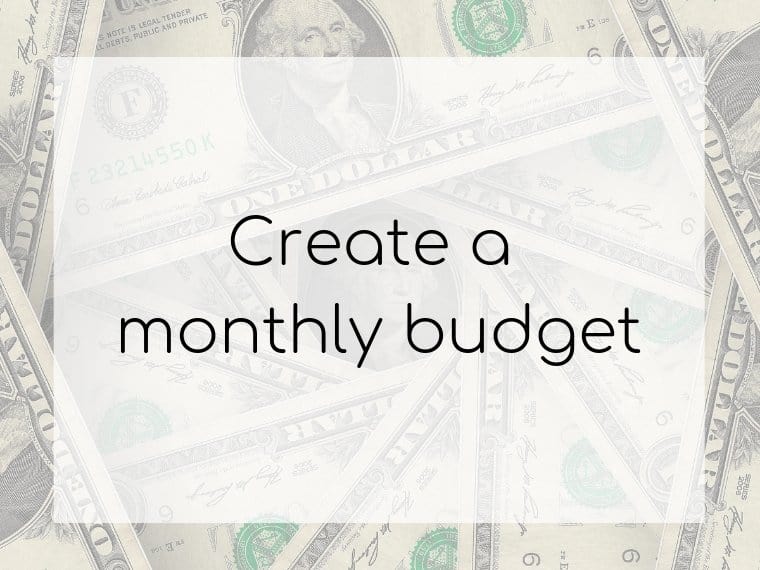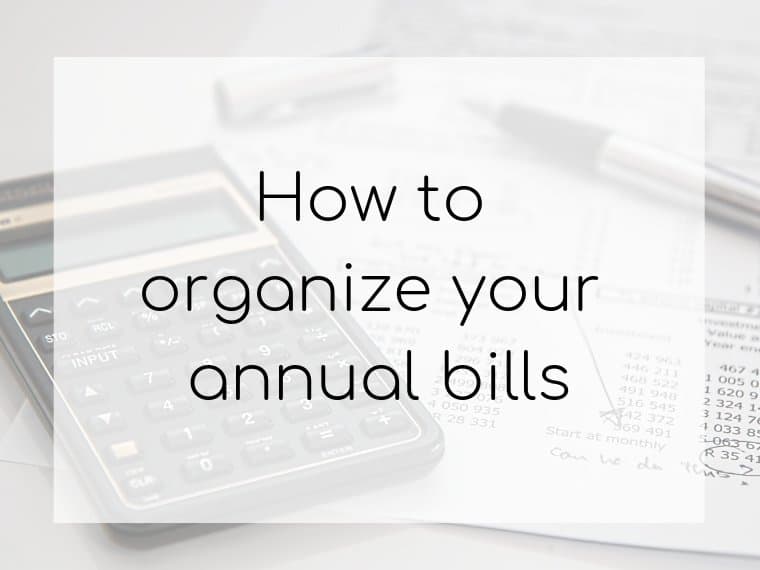5 Myths About Budgets
If you’re like many of us, you squirm and wriggle out of any conversation with the word “budget” it in. So many of us hate to talk or even think about money. Some how we think that if we just ignore the topic, we’ll be better off.
Friend, I’m here to tell you that this mindset can land you in financial trouble. Believe it or not, a budget can be an amazing source of freedom and exhilaration.
In this post, we’ll discuss the five myths many people have about budgets and the truth about what budgets can be.
Five Common Myths About Budgets
Myth #1
Myth: A budget is a handcuff.
Fact: A budget is a tool that puts you in charge of your money.
So many people shy away from creating a budget because they think that it will be constraining and take all of the fun out of it. You know what’s not fun? Having to decline a fun outing with friends because your money went who knows where, but it’s definitely not in your bank account. What’s even less fun? Realizing the light bill is due on the 24th and you won’t have enough money until the 30th.
In the words of Dave Ramsey, a budget tells your money where to go instead of wondering where it went. Want to budget $200 a month towards eating out (and are financially able to do this on top of covering the basics)? Great. A budget will help you do that. Strapped financially and need to count every penny? A budget will help you do that too.
The common misconception is that a budget is telling you what to do. In reality, a budget is a tool for you to tell your money where to go. You get to be the boss and boss those little dollars around. No longer will you get to the end of the month and wonder where all your money went.
Myth #2
Myth: A budget must be perfect to be successful.
Fact: A budget evolves as your circumstances change.
Throw your idea of perfection out the window. It just doesn’t exist. We’ve been doing a monthly budget for six years now and I’m constantly changing and updating it. The fact is that some expenses you just won’t know about until they show up on your door step. And that’s okay. Having a written financial plan allows you to see what expenses are coming up so you can shuffle around some money if need be.
Maybe you had planned to buy a gift for your sister but halfway through the month, your dishwasher breaks and with it comes a $200 repair. This might mean you wait to buy the gift until after the next payday. Or maybe it means paying for half of the dishwashwer bill this month and the other half next month (since most bills have a 30 day grace period).
Having a written account of where your money is going allows you to be flexible and roll with the punches.
Myth #3
Myth: I shouldn’t create a budget because I don’t know what my income is from month to month.
Fact: A budget can help you forecast future expenses.
A budget allows you to figure out the bare minimum you need to survive each month. For those with variable income, sometimes your income will be above that number, sometimes it will be below that number.
Keeping a budget allows you to store up during the “feast” months and prepare for the “famine” months. Imagine how awesome it would feel to have extra stored away to keep your household running even in low income months.
Myth #4
Myth: A budget is only for people who are good with math.
Fact: A budget is only as complicated as you make it.
Simply put, a budget keeps track of your income (the money coming in) and your expenses (the money going out). This could be as complicated as tracking every single expense individually or as simple as keeping track of categories. Don’t let your mathematical skills (or lack there of) become an excuse for not creating a budget. Pen, paper, and a calculator is really all you need.
Myth #5
Myth: A budget is only for those will a low income.
Fact: Families with any income can benefit from a budget.
If there’s plenty of money left over at the end of the month, you might feel it’s pointless to keep a budget. But a budget is beneficial for any income level. Think about it. What would you do if you could harness the power of your extra money? You could take a grand vacation or put extra into an investment account. You could pay for a car in cash or save up to do a home renovation. Without a plan, these dreams might not be possible.
My hope with this post is that you’ve learned the value of budgets and are eager to start one of your own. Budgeting puts you in charge of your money and allows you to do more. Regardless of income, we all have a finite amount of money. Creating a budget empowers us to direct our dollars to the things that matter most to us.





